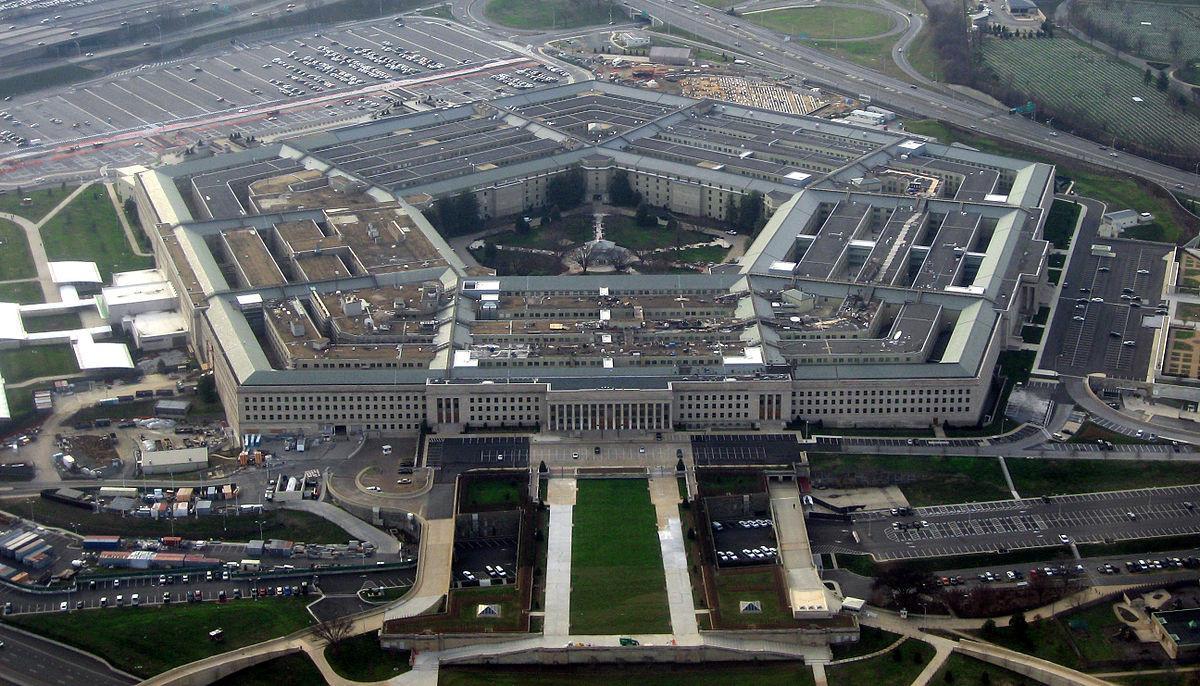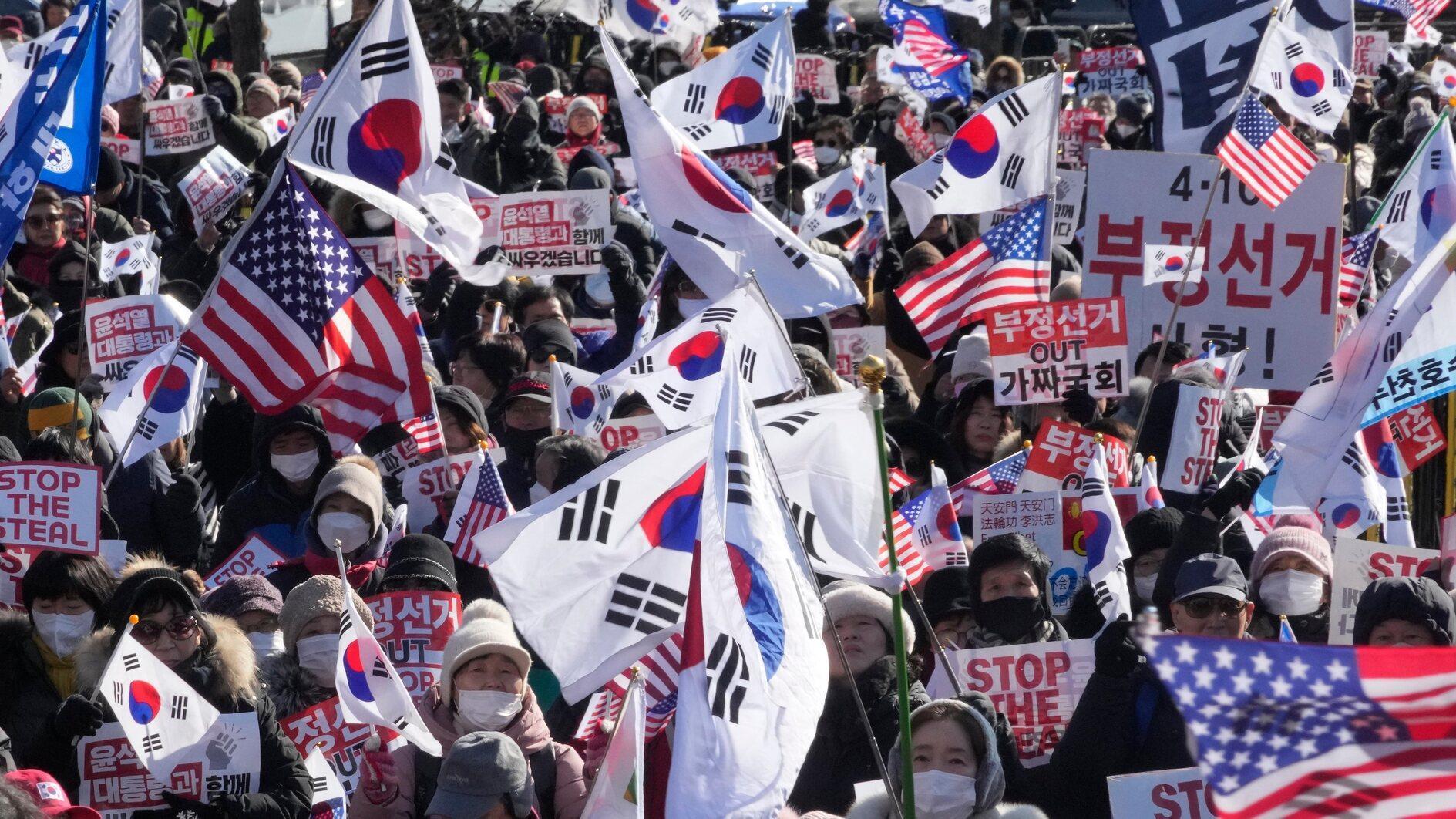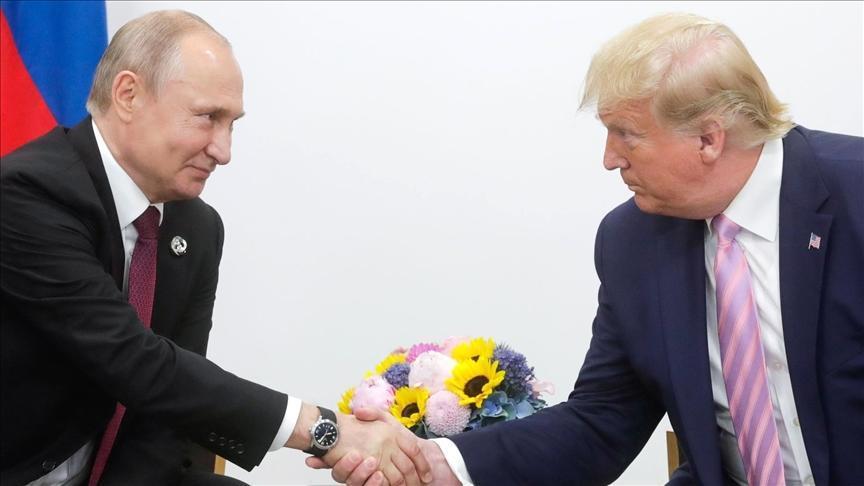Pentagon says it's training SDF ally as ‘hold force’
WASHINGTON - Anadolu Agency

The Pentagon on Jan. 18 dismissed the recently announced name “Border Security Force” for local security forces being trained in Syria, saying the coalition led by the United States is training the Syrian Democratic Forces (SDF) as a “stabilization” and “hold force.”
The latest development follows an announcement on Sunday by Col. Ryan Dillon, spokesman for the U.S.-led coalition, officially known as the Combined Joint Task Force - Operation Inherent Resolve (OIR), that the coalition was creating a 30,000-strong border security force in northern Syria. In a stark contradiction, however, the Pentagon and Secretary of State Rex Tillerson said on Jan. 17 that the U.S. was not creating an army or conventional border guard force.
“There was a mischaracterization of the training that we are providing to local security forces in Syria,” Pentagon spokesman Eric Pahon told Anadolu Agency.
“What we are doing is designed to enable our partner forces to maintain local security, as our statement said, for people who are returning to their homes,” said Pahon.
The training is also “aimed at preventing an outflow of fleeing ISIL militants as their presence comes to an end and they start trying to scatter,” he said.
In response to the question of whether it would be a policing force, Pahon said he would not characterize it that way, saying it is a “kind of security or stabilization force” or “some sort of hold force.”
Pahon emphasized the “hold force” is meant to secure small areas where ISIL has been removed and to prevent the group’s resurgence.
Turkey has been staunchly opposing U.S. cooperation with the SDF, as the group is made up mostly of militants from the People’s Protection Units (YPG), a group Turkey considers terrorist for its links to the outlawed Kurdistan Workers’ Party (PKK).
Ankara was outraged over Dillon’s statement announcing the coalition would establish a new “border security force” with the SDF in Syria.
Pahon attempted to ease tensions with Turkey.
“We are aware of the security concerns that our NATO ally Turkey has presented. We have been in regular discussions with Turkey, particularly since this issue cropped up. Our senior leaders have been talking. I am not going to get into the content of those discussions. Turkey is also a valuable member of the coalition,” he said.
















